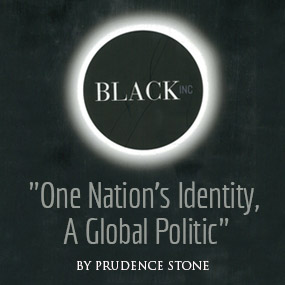Sookie Grows Up and Accepts Her Fate in New Season
New Zealand actress Anna Paquin, 30, features on the June cover of Manhattan magazine. Paquin tells the publication about the new season of cult show True Blood, in which she stars as Sookie Stackhouse: “Things left off in a pretty serious place in regards to where Eric and I leave Bill having just turned into this creature of the blood with these monster fangs – and who the hell knows what that is? So obviously, that situation has to [play] out. And we have new cast members this year, and that’s always fun to have fresh blood, if you’ll pardon the pun. This season, the writers and I have been making a concerted effort to help Sookie grow up, become a little bit darker, more accepting of her fate, more self-knowing.” Paquin says she wasn’t drawn to acting for the fame. “I’d rather do one day’s work on a movie that is really creatively interesting than be in every single frame of something that I find a little dull. I feel like that guided my choices a lot and I’ve consequently been drawn to people who, in the best possible way, kind of kicked my ass, because I didn’t want to be the weak link.” She also talks about growing up in the industry; Paquin won the Oscar for Best Actress in a Supporting Role for her performance as Flora McGrath in Jane Campion’s 1993 film, The Piano. “It’s a pretty bizarre and awesome thing to happen to a small child living in New Zealand. It consistently, sort of implausibly, has afforded me enormous opportunities and opened a door for me that probably wouldn’t have opened otherwise. I’m very grateful, but it’s just kind of part of the texture of my childhood. That was 20 years ago.”















